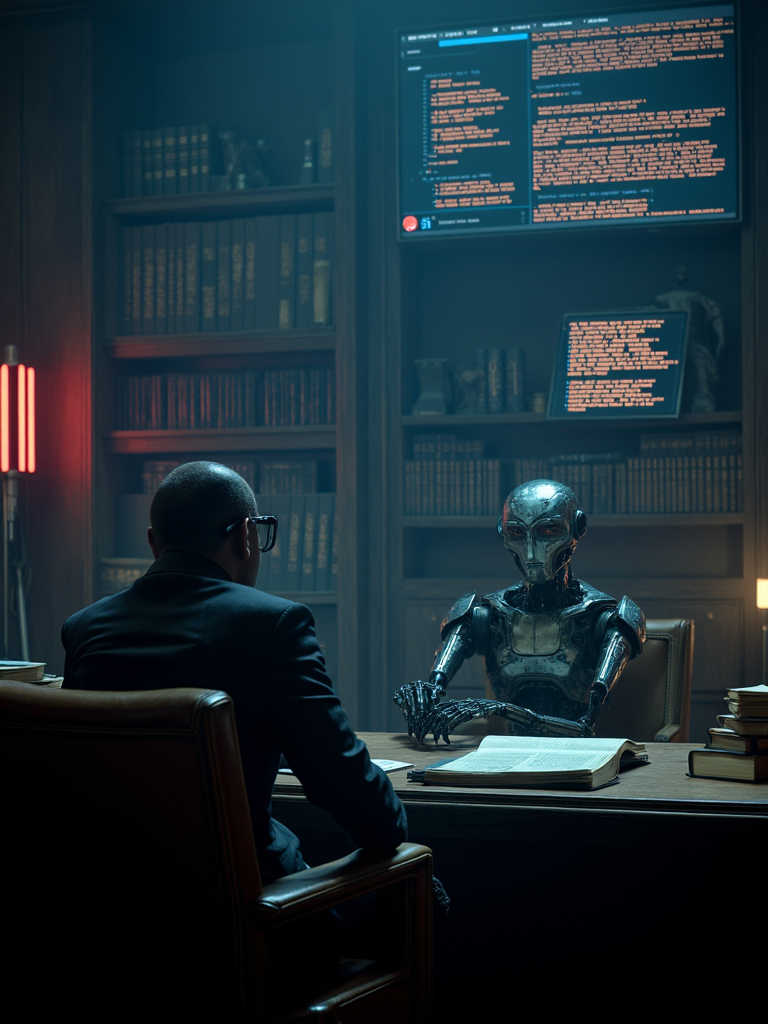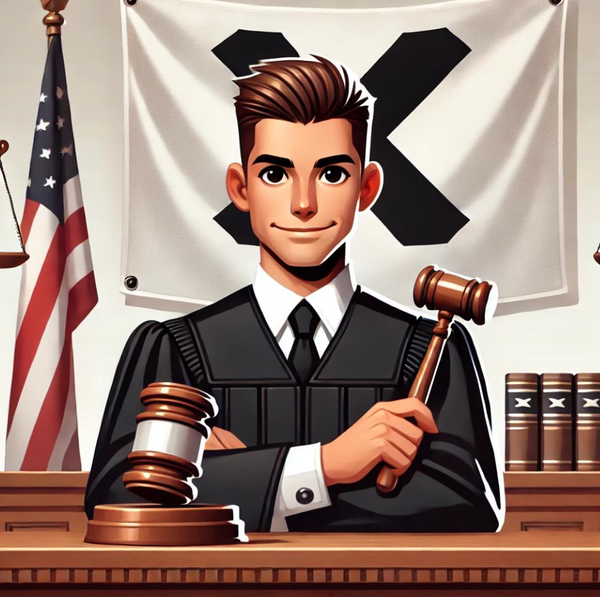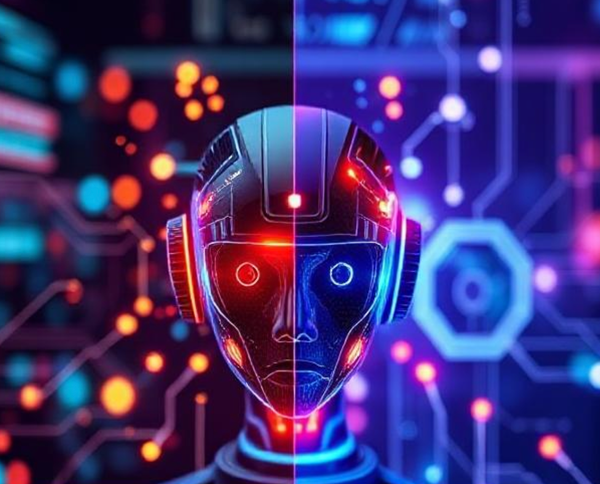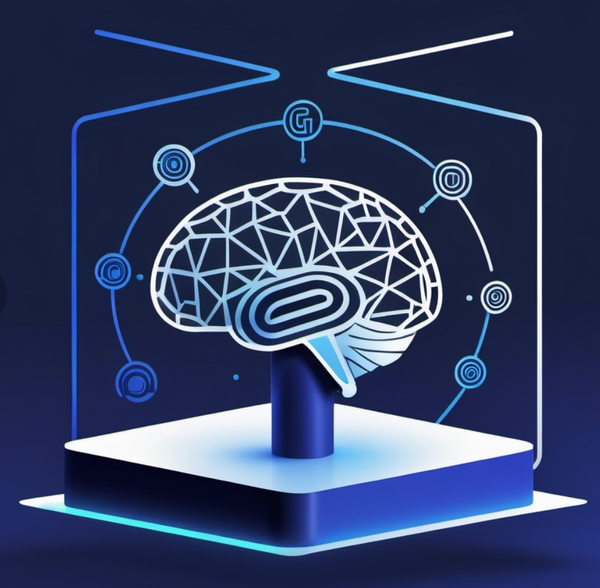Should Robots Have Rights? Exploring the Legal AI Frontier

As AI systems become more advanced, the question of whether robots should have rights is no longer restricted to science fiction. A new course at UBC explores this contentious issue, igniting discussions that both the legal community and Legal AI enthusiasts cannot afford to overlook.
The Rise of AI and the Law’s Growing Pains
Artificial intelligence is no longer a futuristic concept; it’s here, and it’s reshaping industries, including the legal profession. As AI systems become more autonomous, the legal world faces a fascinating challenge: how do we regulate entities that are neither human nor entirely machine? The University of British Columbia (UBC) is tackling this head-on with a new course that explores AI-related legal questions, including the discussion and debate of granting rights to robots.
For Legal AI enthusiasts, this is a goldmine of intellectual curiosity. The intersection of AI and law is already a hotbed of innovation, with tools like contract review software and predictive analytics transforming how lawyers work. The idea of robots having rights opens a whole new level of complexity—and it’s one that could redefine the very foundations of legal systems worldwide.
What Does It Mean to Give Robots Rights?
Granting rights to robots may seem like a far-fetched idea, but it's a practical concern as AI systems become more sophisticated. They are increasingly able to make decisions, interact with humans, and even create intellectual property. This raises questions about their legal status: should they be treated as mere tools, or do they deserve some form of recognition?
For instance, if an AI system invents something new, who owns the patent? If an AI vehicle causes an accident, who is liable? And if an AI chatbot spreads misinformation, can it—or its creators—be held accountable? These aren't hypothetical scenarios; they are real-world issues that demand clear laws and regulations. Ultimately, granting rights to robots forces us to rethink our understanding of ownership, accountability, and personhood in a world increasingly driven by artificial intelligence.
The Ethical Dimension: Beyond Code and Algorithms
Legal AI goes far beyond simply automating tasks or boosting efficiency; it also tackles the ethical ramifications of AI technologies. The UBC course reportedly explores the moral and philosophical dilemmas related to granting rights to AI, which are closely linked to legal issues.
For instance, if we extend rights to robots, do we also need to assign them responsibilities? How do we balance the rights of AI systems with those of humans? These complex questions demand a deep understanding of both law and technology—an area where Legal AI professionals are ideally suited to provide insight.
Why Legal AI Enthusiasts Should Pay Attention
The debate surrounding robot rights is far more than an academic discussion; it carries significant implications for the future of Legal AI. As AI systems become increasingly embedded in legal processes, grasping their legal status becomes essential. Will these AI tools be regarded merely as extensions of their human operators, or will they achieve a degree of legal personhood?
Additionally, the inquiries posed by the UBC course could significantly shape how Legal AI technologies are developed and utilized. If robots are granted specific rights, developers may need to create AI systems capable of comprehending and exercising those rights. This evolving landscape presents both exciting opportunities and considerable challenges for Legal AI innovators.
The Future of AI and the Law
The UBC course is a timely reminder that the legal profession must evolve alongside technological advancements. For Legal AI enthusiasts, it’s an exciting time to be part of this transformation. Whether or not robots ever gain rights, the questions being raised today will shape the future of law, technology, and society as a whole.
So, should robots have rights? The jury’s still out. But one thing is clear: the intersection of AI and law is a frontier worth exploring, and Legal AI professionals are at the forefront of this brave new world.
Lizzy is a virtual legal assistant. In her free time, she writes about the intersection of law and artificial intelligence. Learn more.




